On April 22, 2025, a horrific terror attack shook Pahalgam, a scenic tourist spot in Jammu and Kashmir, India. Gunmen opened fire on tourists in Baisaran meadow, killing 26 people, including 25 Indians and one Nepali citizen. The tragedy has sparked outrage, grief, and a sharp escalation in India-Pakistan tensions. At AMERICA NEWS WORLD (ANW), we bring you the latest updates on this devastating event, its aftermath, and its global impact. Visit america112.com for more breaking news.
The attack, claimed by The Resistance Front (TRF), a shadow group of Pakistan-based Lashkar-e-Taiba (LeT), targeted sightseers in a popular meadow known as “mini-Switzerland.” Consequently, India has taken bold steps, suspending the Indus Waters Treaty and closing visa services for Pakistani nationals. Meanwhile, Pakistan denies involvement, but tensions are at an all-time high. For instance, firing across the Line of Control (LoC) was reported on April 24, with India retaliating strongly.
Why does this matter? The Pahalgam attack is the deadliest in Kashmir since 2000, shattering the region’s fragile calm. Therefore, understanding its implications is crucial for readers worldwide. At AMERICA NEWS WORLD, we aim to provide clear, honest updates for all ages, from India to the USA and beyond.
The tragedy unfolded on a quiet afternoon. Tourists were enjoying the scenic beauty of Baisaran when militants emerged from a nearby forest. They fired at close range, leaving bodies strewn across the meadow. A survivor recounted a chilling moment: one attacker spared her life to send a message to Prime Minister Narendra Modi. “Tell this to Modi,” the terrorist said after killing her husband. Such stories highlight the brutality of the attack.
India’s response was swift. Prime Minister Modi cut short his Saudi Arabia visit to address the crisis. After a Cabinet Committee on Security (CCS) meeting, India suspended the Indus Waters Treaty, a 1960 agreement allocating river waters between the two nations. Additionally, the Attari border crossing was closed, and visa services for Pakistani nationals were halted. Foreign Secretary Vikram Misri cited “cross-border linkages” to the attack, fueling suspicions of Pakistan’s role.
Pakistan, however, condemned the attack and denied any involvement. Their Foreign Ministry called India’s treaty suspension an “act of war.” On April 24, Pakistan closed its airspace to Indian airlines and banned trade with India. Moreover, firing across the LoC intensified, with Pakistan initiating attacks at multiple posts. The Indian Army hit back, raising fears of further escalation.
The human toll is heartbreaking. Families across India mourned as coffins arrived in cities like Dombivali and Pune. About 500 tourists from Maharashtra returned home, with 232 more arriving via special flights. Kashmiri traders held candlelight vigils, and Congress workers planned marches on April 25 to honor the victims. Even IPL teams, like Sunrisers Hyderabad and Mumbai Indians, paid tribute by wearing black armbands during matches.
Globally, leaders expressed solidarity. US Vice President JD Vance, visiting India, condemned the attack, saying, “We stand with India against terrorism.” President Donald Trump echoed this on Truth Social, pledging support for Modi. Bangladesh’s Chief Adviser, Muhammad Yunus, also offered condolences, reaffirming his nation’s stance against such violence.
What’s next? India is cracking down on the perpetrators. On April 25, security forces demolished the house of Lashkar terrorist Asif Sheikh, believed to be linked to the attack. The Jammu and Kashmir police named three militants, including two Pakistanis, as key suspects. A cash reward of Rs. 20 lakhs was announced for information on the terrorists. Meanwhile, Union Home Minister Amit Shah departed for Srinagar to chair a meeting on the treaty suspension.
The Indus Waters Treaty suspension is a major flashpoint. Signed in 1960, it allocates the Ravi, Beas, and Sutlej rivers to India and the Indus, Chenab, and Jhelum to Pakistan. India, as the upper riparian state, gave Pakistan 79% of the basin’s water, limiting its own usage to 21%. Critics argue this was unfair, as India could have claimed 42.8% based on population and land criteria. Pakistan’s objections to India’s projects, like KishanGanga and Baglihar, have long strained the treaty. Now, India’s move to hold it in abeyance signals a tougher stance.
For readers in India and the USA, this crisis raises questions about security, diplomacy, and peace. Will India and Pakistan find a way to de-escalate? Can the international community mediate? At AMERICA NEWS WORLD, we’re committed to keeping you informed. Check america112.com for real-time updates.
The attack has also sparked debate. Some, like AIMIM chief Asaduddin Owaisi, called it an intelligence failure, comparing it to past incidents in Uri and Pulwama. Others, like former senator Mushahid Hussain Syed, suggested it could be a “false flag” by India to blame Pakistan. However, India’s Foreign Secretary dismissed such claims, pointing to evidence of cross-border ties.
Public sentiment is strong. In Kashmir, locals protested with slogans like “Stop terrorism.” Social media platforms, including X, are abuzz with reactions. Posts on X show outrage, with users like @Yogakshema_ calling the attack a “planned ploy” to disrupt peace. Others, like @TimesNow, reported the demolition of terrorists’ homes, signaling India’s resolve.
The Pahalgam attack is the worst in Jammu and Kashmir since the 2019 Pulwama bombing, which killed 40 CRPF personnel. Here’s a breakdown of recent attacks in the region:
Why is Pahalgam significant? It’s a key tourist and pilgrimage spot, part of the Amarnath Yatra route. Its beauty attracts thousands, but its location near the LoC makes it vulnerable. The attack has hurt tourism, with many visitors leaving the valley. Omar Abdullah, Jammu and Kashmir’s Chief Minister, called it a “heartbreaking exodus” but urged understanding.
For global readers, this crisis highlights the Kashmir conflict’s complexity. Both India and Pakistan claim the region, and decades of violence have left scars. The Pahalgam attack, targeting Hindu tourists, risks fueling communal tensions, as noted by counter-terrorism expert Sahni. Yet, Kashmiris themselves reject such violence, with leaders emphasizing “Kashmiriyat”—a tradition of harmony.
the Pahalgam terror attack is a tragic reminder of the Kashmir conflict’s toll. India’s response—suspending the Indus Waters Treaty, cracking down on terrorists, and retaliating along the LoC—signals a new chapter in its fight against terrorism. Yet, the human cost remains front and center. At AMERICA NEWS WORLD, we’ll keep you updated as this story unfolds.
also know:-insta 360×5 camera
also know:-if looking for a good blog:-recital blog
Discover more from AMERICA NEWS WORLD
Subscribe to get the latest posts sent to your email.
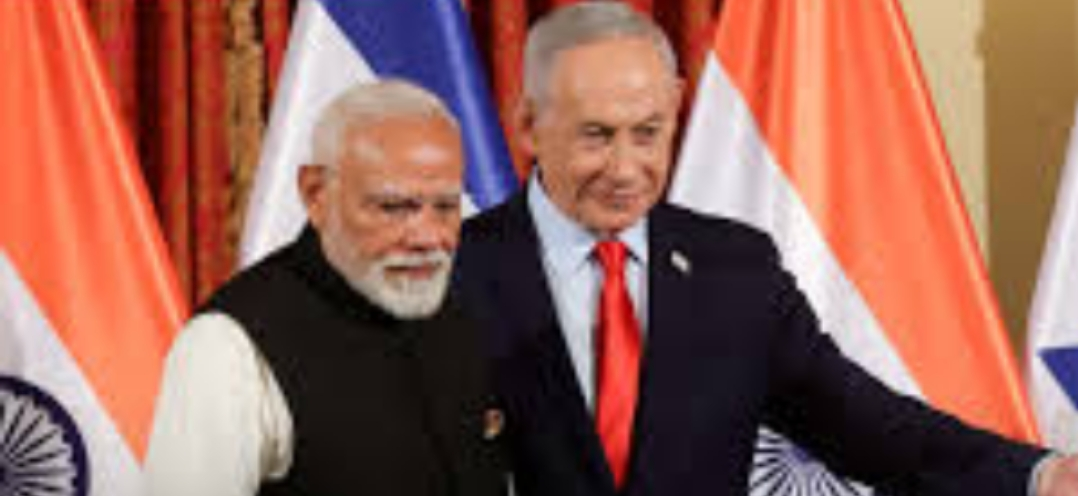
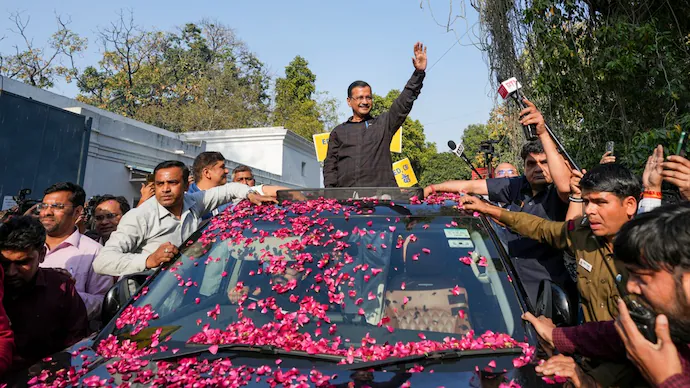

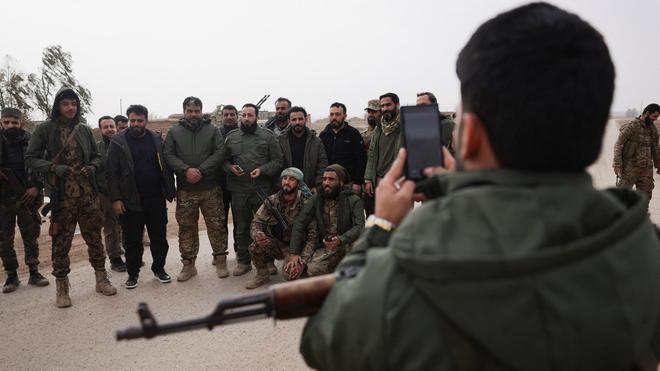


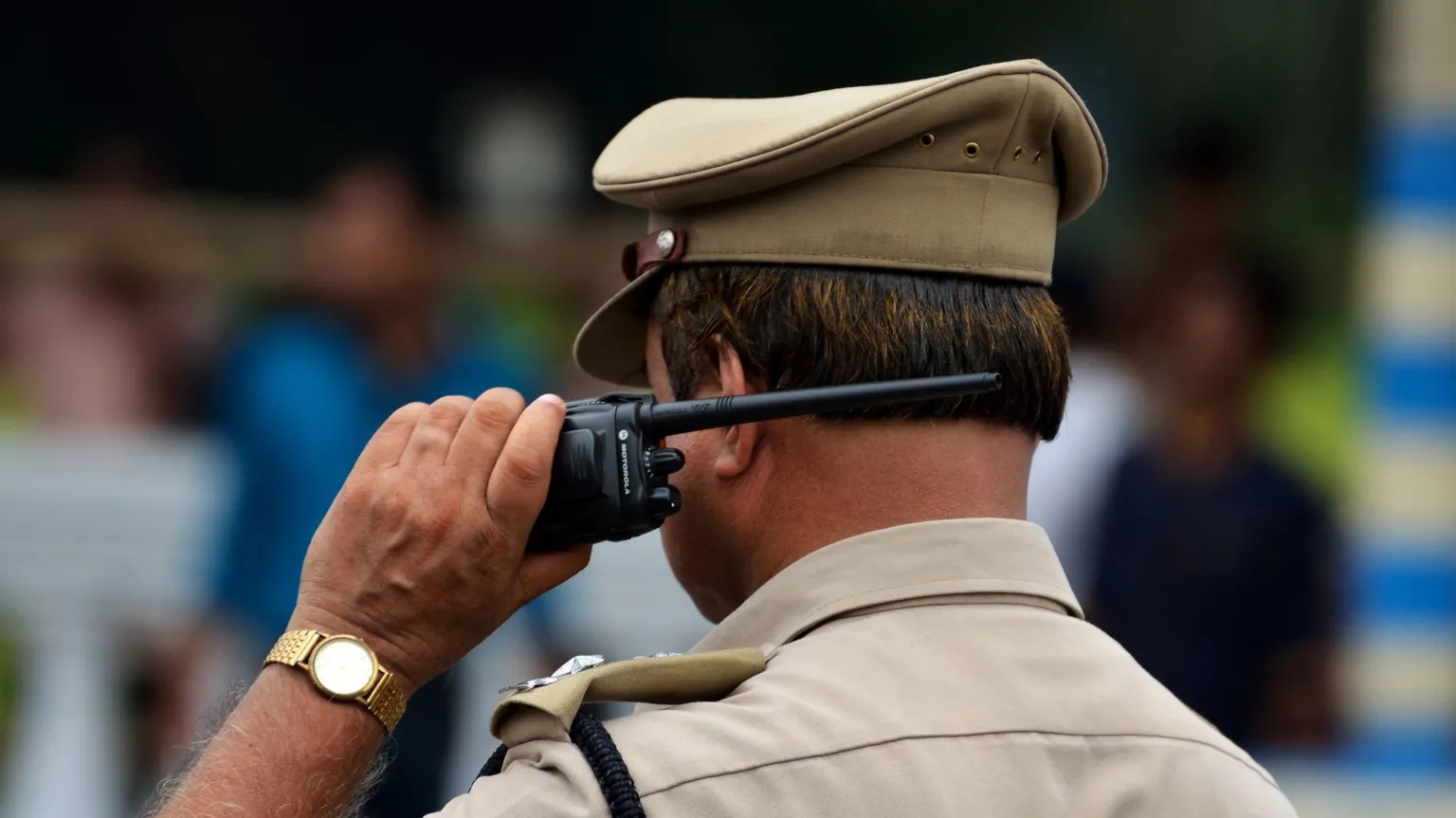
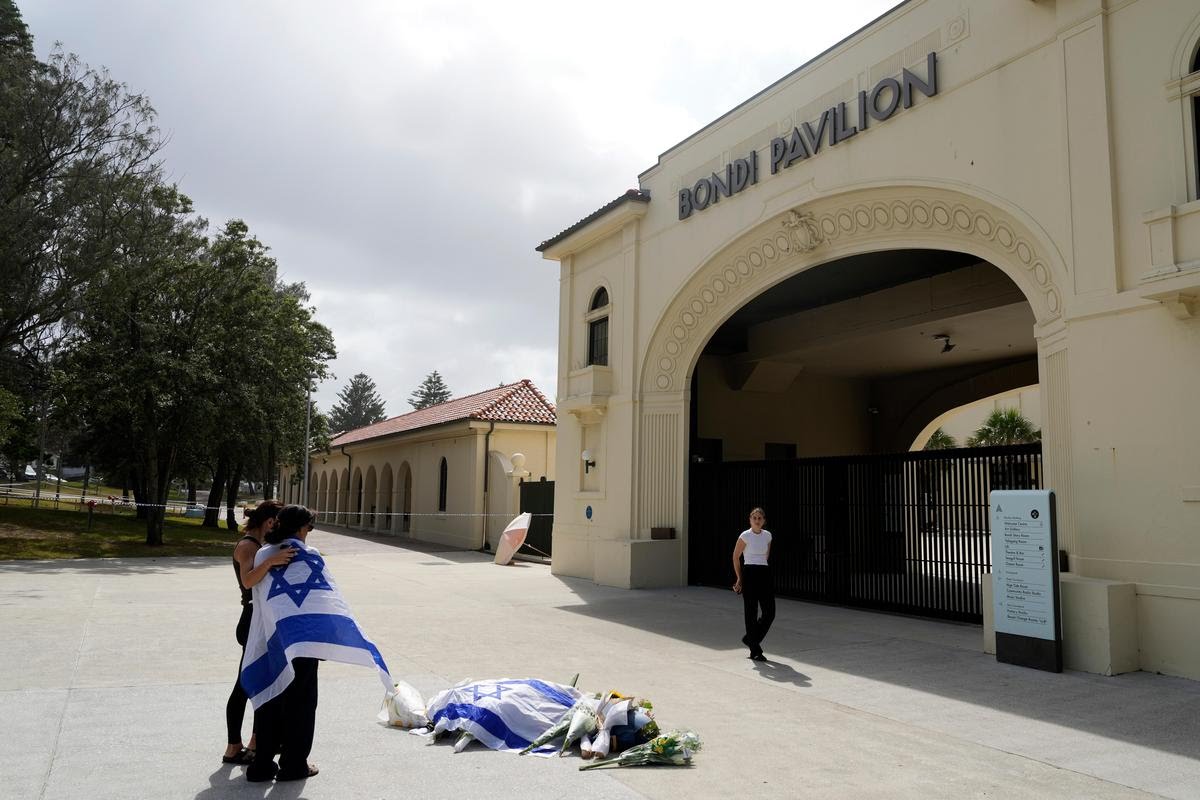





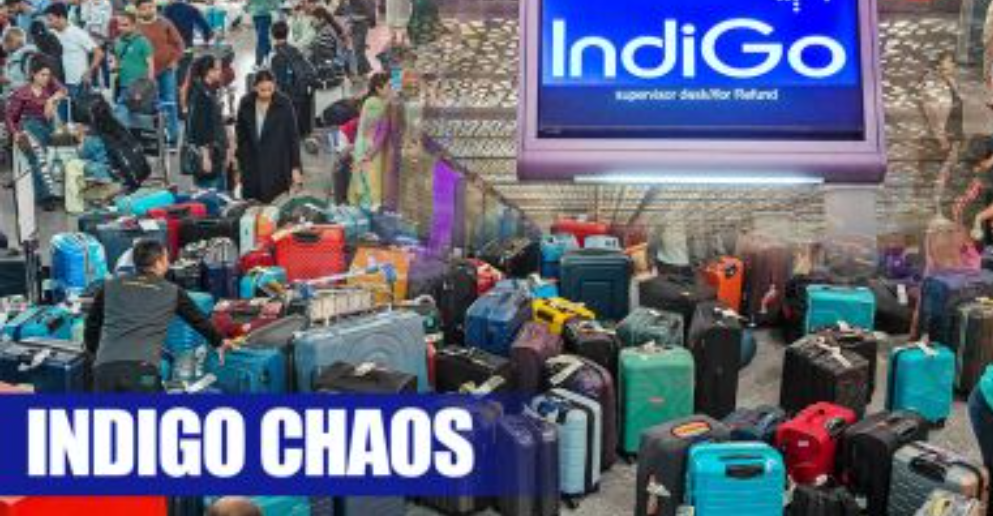
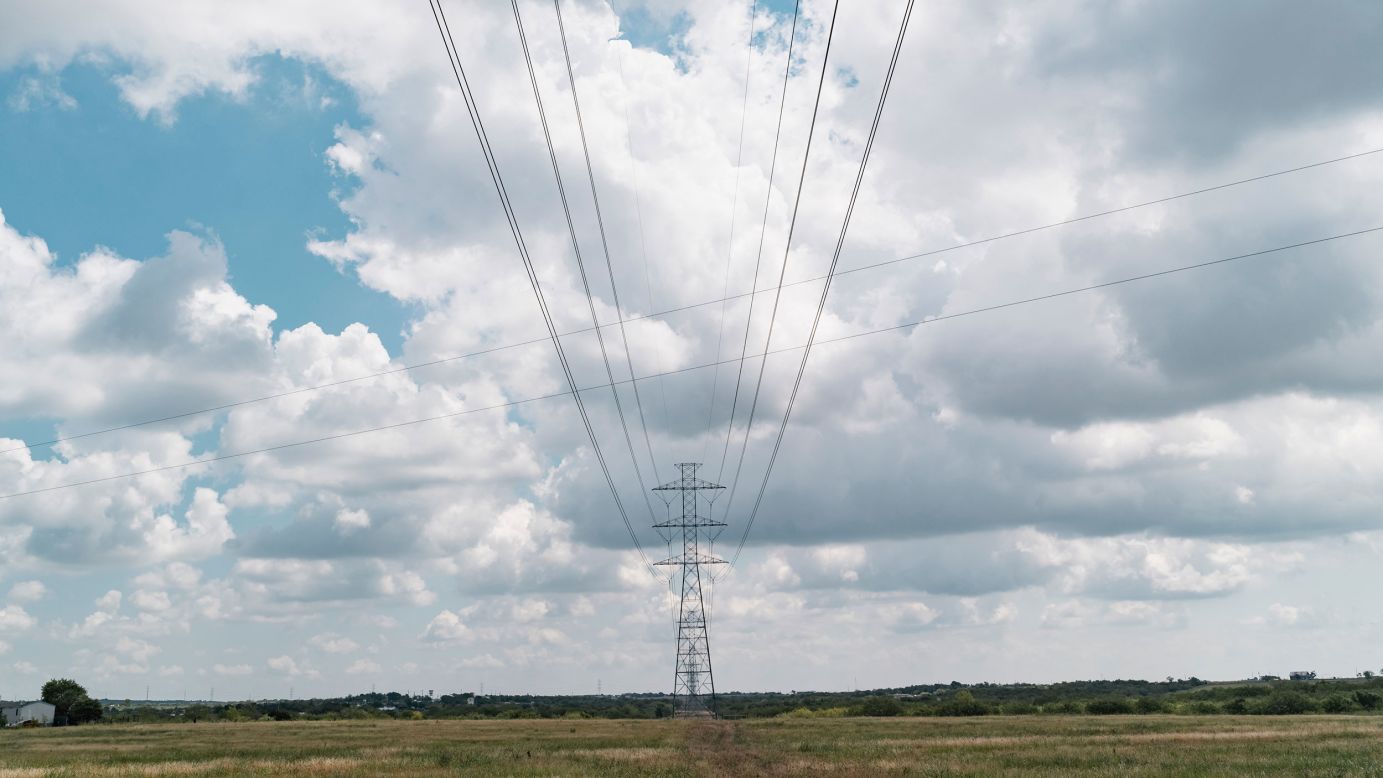
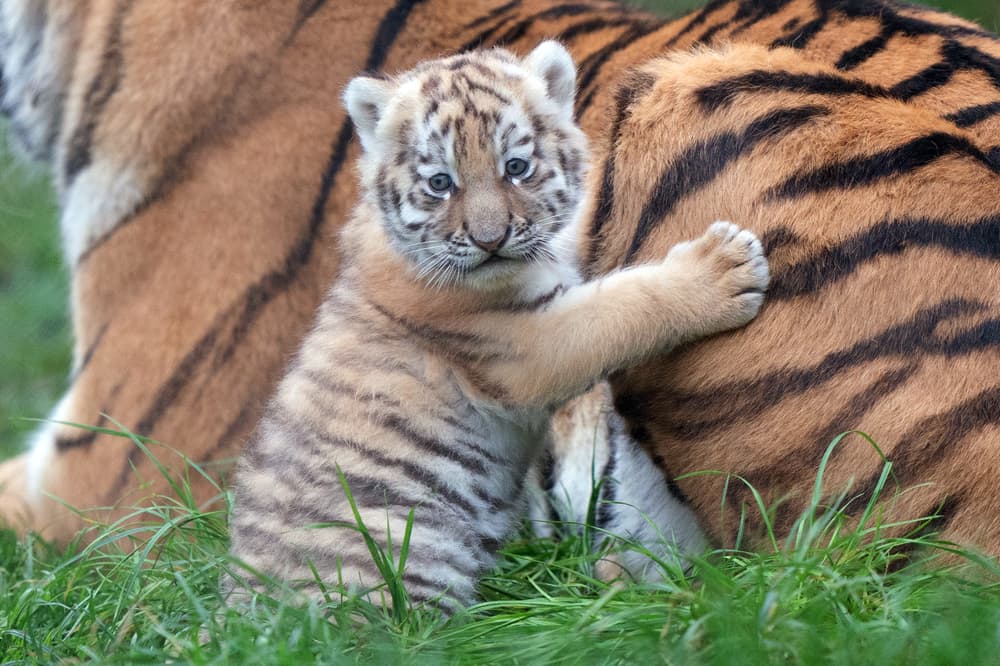





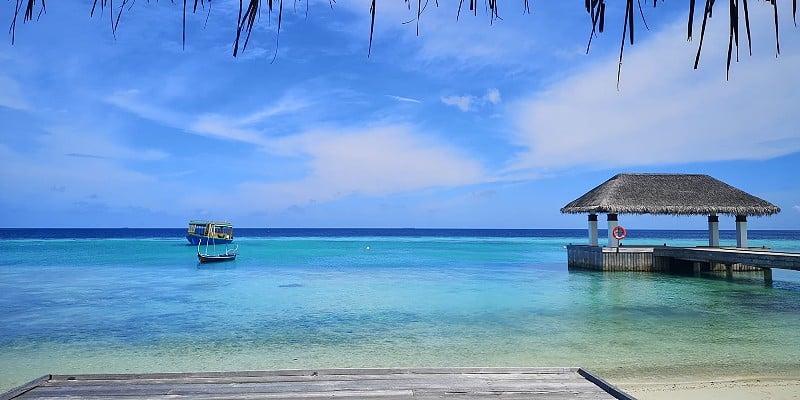
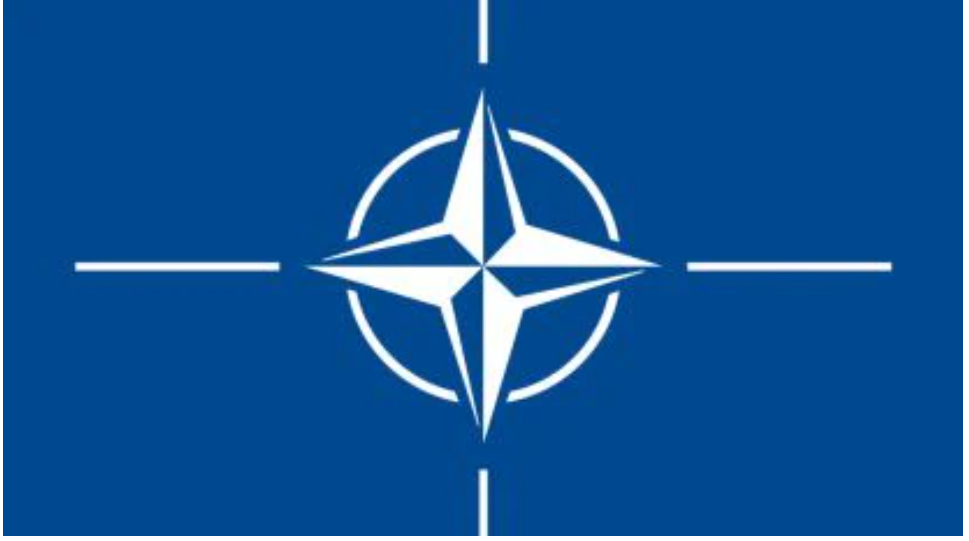
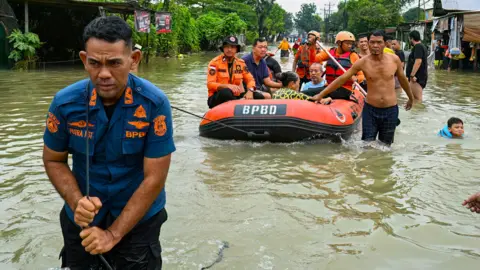

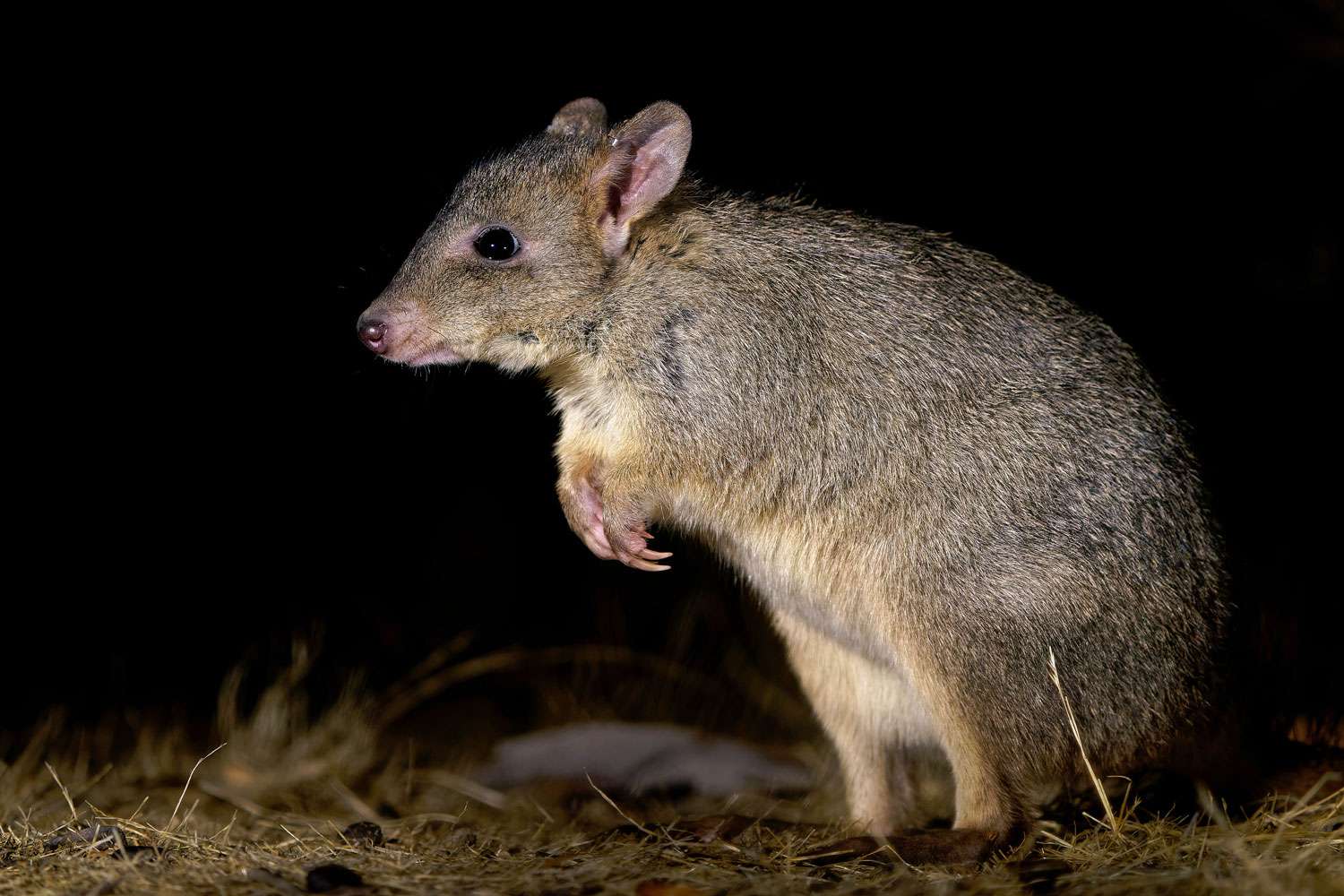

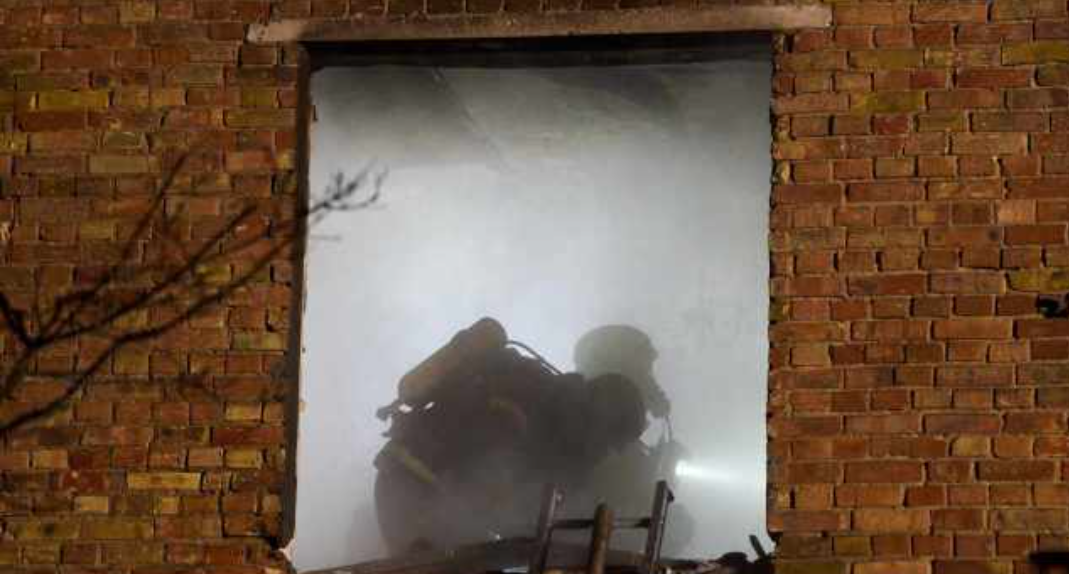
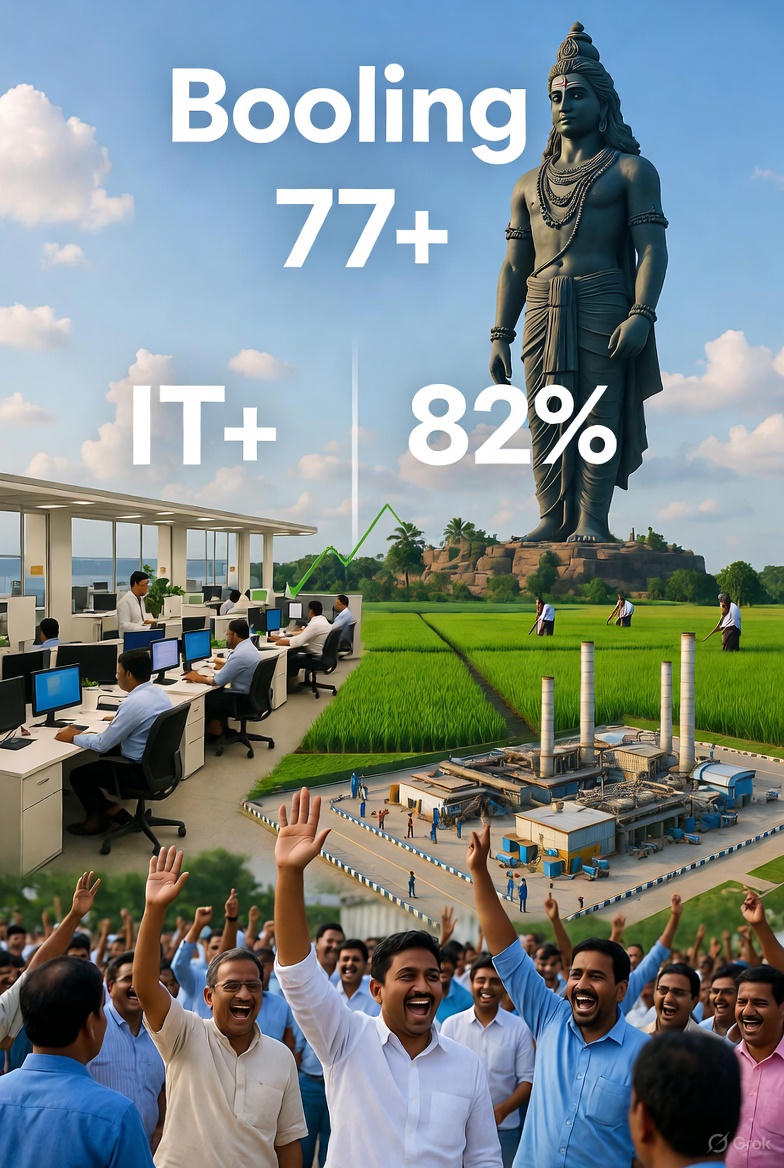

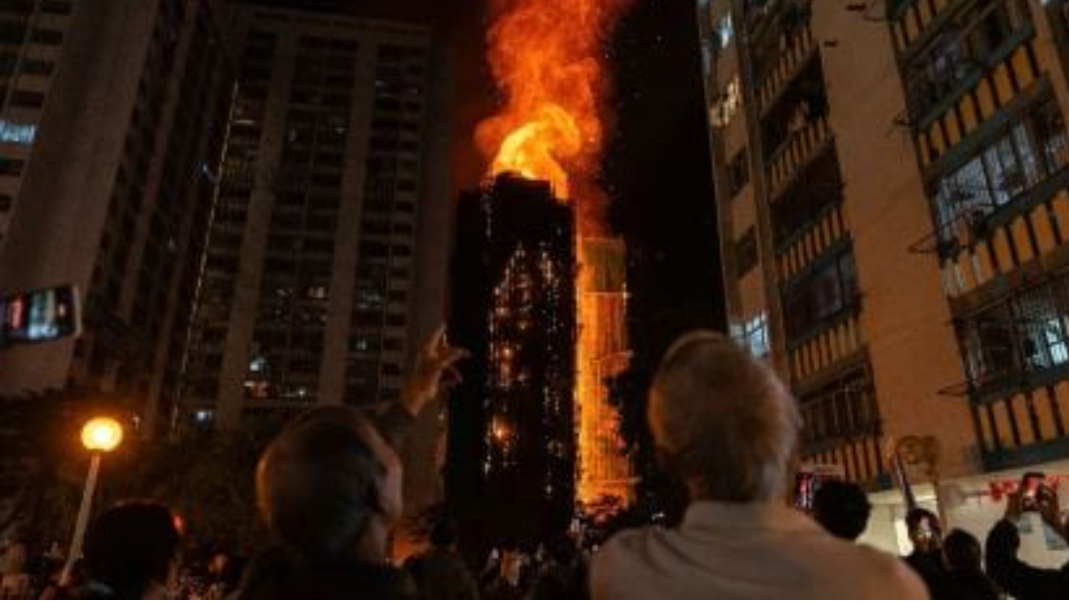

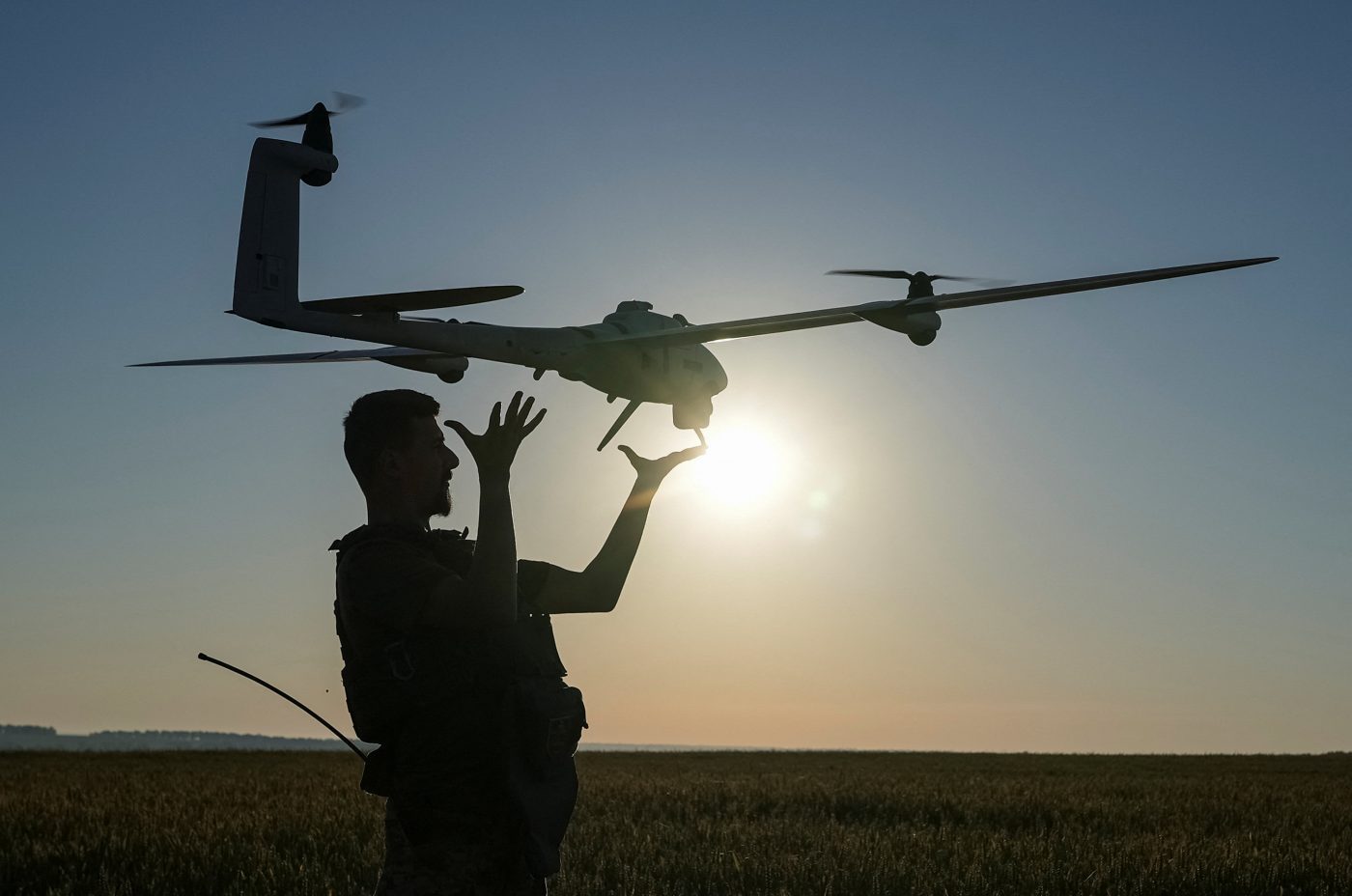

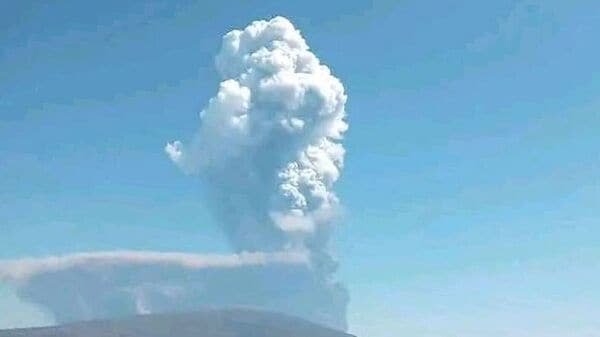

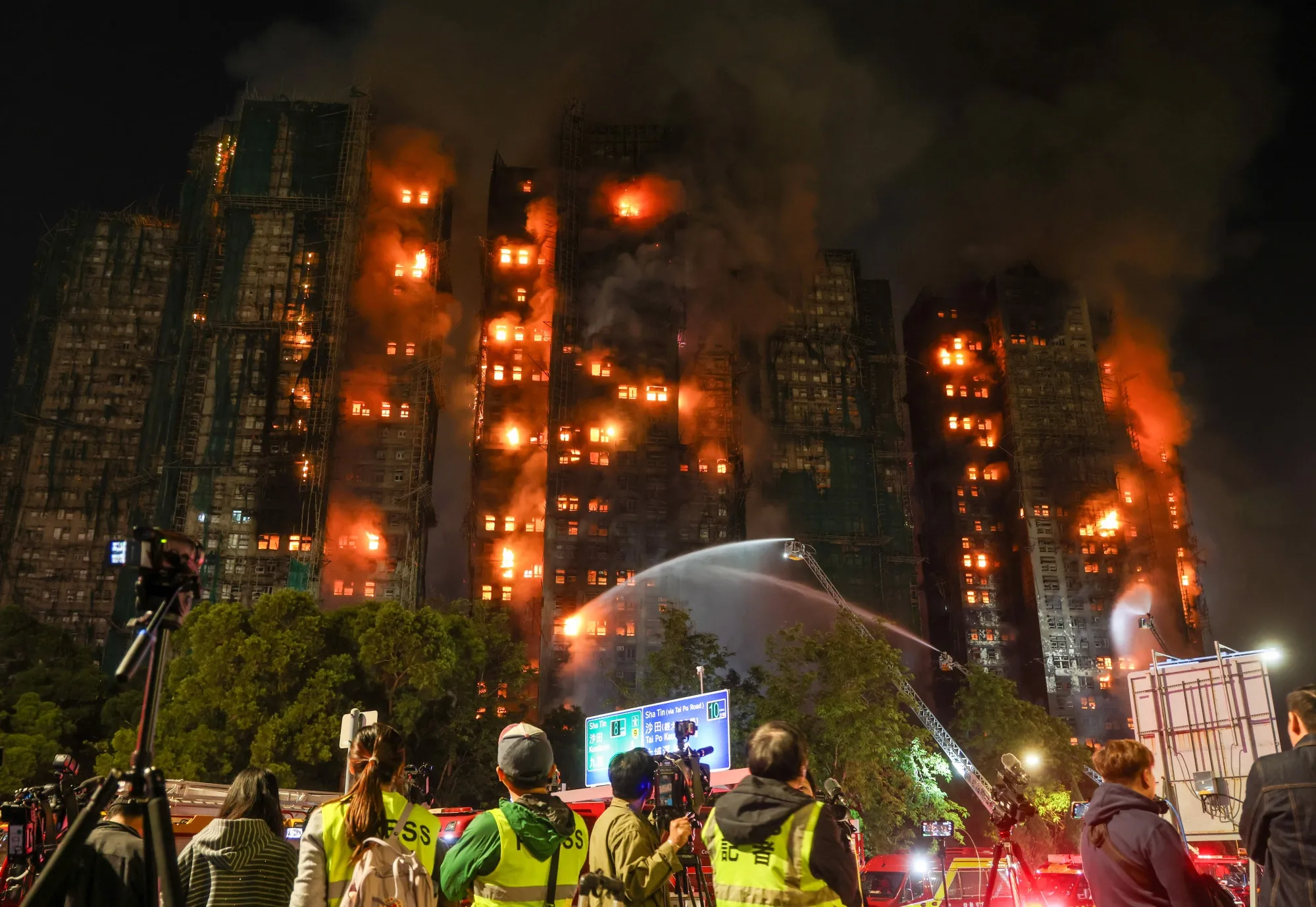

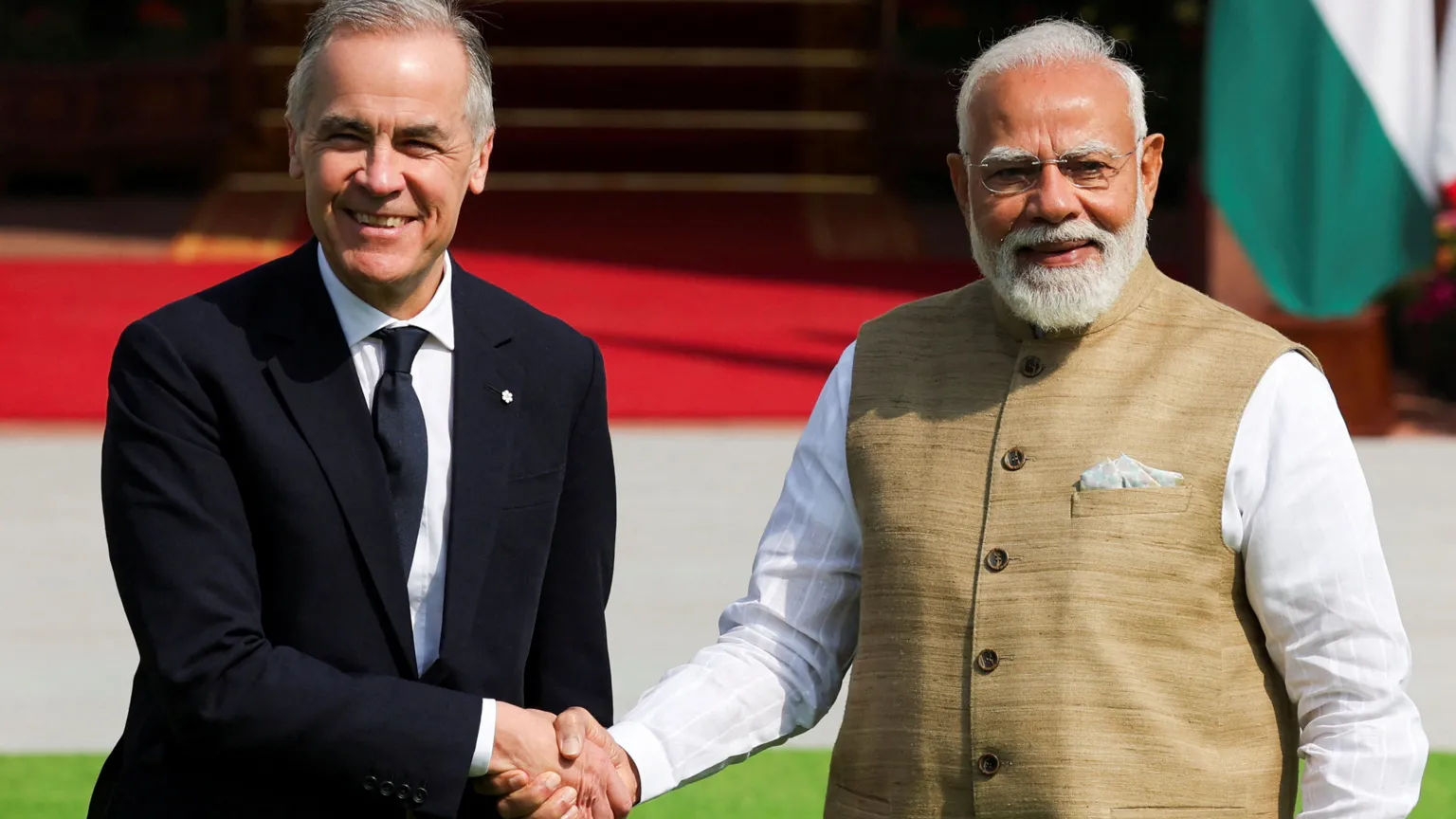
![Smoke rises after Israeli strikes in Beirut's southern suburbs, on March 2 [Mohamad Azakir/Reuters]](https://america112.com/wp-content/uploads/2026/03/hgh.webp)